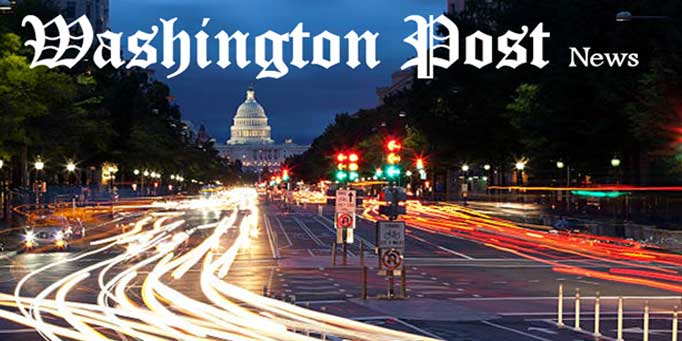AI Revolution in Photography: Is AI Replacing Photographers

Photography is the art of capturing emotions through creativity and artistic touch that makes your pictures speak volumes. However, with continuous advancements in Artificial Intelligence, the world of photography is going through massive advancements in creating and editing photos.
With the rise of AI-driven cameras, editing software, and even image-generation tools, the question arises: is AI replacing photographers? What do you think?
According to one of the reports, almost 90% of photographers believe AI will positively impact the photography industry. Moreover, AI-powered editing apps can reduce editing time to 90%
While AI undeniably has the potential to transform the photography industry, it’s not easy to match the creative level of the Photographers.
The Role of AI In Photography
AI technologies have made significant inroads in the photography industry, particularly in areas like image enhancement, automatic editing, and even the creation of entirely new images. These advancements are often powered by various AI devices such as an AI-integrated laptop that can analyze and optimize images in real-time, improving both the quality and efficiency of the editing process.
Here are some of the ways how AI is refining the future of photography:
1. AI features in Camera
As per the report by, “The Business Research Company” the AI camera market has experienced remarkable growth in recent years. It is projected to expand from $14.43 billion in 2023 to $18.01 billion by 2024.
Modern cameras, including those in smartphones, increasingly rely on AI to enhance image quality. AI algorithms power several key features that improve the photographer’s experience, such as:
- Scene Recognition:
AI can analyze the scene and adjust camera settings automatically. For instance, in portrait mode, AI identifies the subject and adjusts the background blur (bokeh effect) for a professional look.
- Low-Light Enhancement:
AI uses Machine Learning algorithms to reduce noise in low-light conditions, enabling clearer and sharper images even in challenging environments.
- Object and Face Detection
AI-powered cameras as seen in many AI smartphones detect faces and even specific objects within a frame, ensuring that subjects are always in focus and exposure is optimized for them.
2. AI In Post-Processing and Editing
Editing is an essential part of the photography workflow, and AI has significantly improved this stage by automating complex processes. Software tools powered by AI, such as Adobe Photoshop’s AI-driven features and Luminar AI, are capable of:
- AI-Image Retouching
AI can quickly remove imperfections, smooth skin, and even adjust facial features with precision, saving photographers valuable time in post-processing.
- Content-Aware Fill
AI-content-aware fill helps photographers and editors to analyse an image and can fill in missing or unwanted parts of the photo, such as removing objects from the background without leaving visible traces of editing.
- Colour Grading and Tone Adjustments:
For photographers, colour grading is the art that makes your picture more appealing, telling thousands of stories without uttering a word. AI can analyze the colour palette and lighting in an image and adjust its tonal qualities to match specific aesthetic preferences, even mimicking certain film styles or looks.
Is AI Replacing Photographers?
NO! Despite all the advancements, AI is unlikely to replace photographers. Photography is not about just clicking a picture, it is about conveying a story, an emotion, or a message.
While AI can assist with technical aspects of photography, it cannot replicate the human experience, creativity, or intuition that a photographer brings to their work.
Photography is more of a visual art where the decisions of a photographer, from choosing the right composition to understanding light, colour, and shadow, require a deep creative skill to turn an image into a masterpiece.
AI is a Tool, Not a Replacement
Rather than replacing photographers, AI is increasingly being used as a tool to enhance their abilities. By automating repetitive tasks and providing suggestions or optimizations, AI allows photographers to focus on the creative and artistic aspects of their work.
- AI tools also make photography more accessible with a range of AI-powered tools that can take your photography to the next level.
- Amateur photographers can use AI-powered cameras and editing software to produce images that look professional, even if they lack the technical expertise of seasoned photographers.
Concluding Statements
In a nutshell, the most likely scenario is a future where photographers utilise the potential of AI to its core, working in collaboration. As AI tools continue to evolve, they will become more sophisticated and capable of handling increasingly complex tasks. However, photographers will still be needed to provide the vision, context, and artistic direction that AI cannot supply.
The fusion of human creativity and AI will define the future of photography with a new era of innovation and artistic expression where AI will assist photographers in editing, composition, and creative ideas, allowing them to explore new heights of Photography.



